Virtual Panel: Post/humanism(s): Critical perspectives, issues, and possibilities for nursing
Thursday, January 25, 2024 | 9-11am PST, 12-2pm EST, 6-8pm UK
Please join us for a special webinar panel event, co-hosted by the International Philosophy of Nursing Society (IPONS) and the Center for Nursing Philosophy (CNP). The event will be moderated by Jess Dillard-Wright RN PhD (assistant professor, University of Massachusetts, Amherst) and Jane Hopkins Walsh, RN PHD (Boston University and Boston Children’s Hospital), and features the following distinguished speakers presenting multiple perspectives on humanism-posthumanism ideas and inquiries.
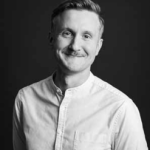 Jamie Smith PhD RN, research associate, Charité Universitätsmedizin, Germany: An introduction to critical posthumanism including key assumptions
Jamie Smith PhD RN, research associate, Charité Universitätsmedizin, Germany: An introduction to critical posthumanism including key assumptions
This talk aims to make critical posthuman theory accessible by grounding it in everyday healthcare practices. Moving beyond humanist binaries, critical posthumanism reimagines humans as entangled, relational, and more-than-human. I will explain three key principles of critical posthumanism: 1) monism – all matter is interconnected, 2) relationality – entities emerge through relations, and 3) sympoiesis – systems are co-produced through complex entanglements. A posthuman ethics recognizes our existence within complex lifeworlds, entangled with diverse human and nonhuman others. By making the unfamiliar familiar, I aim to explore how posthuman theory decenters humans and binaries in favor of entanglement and complexity.
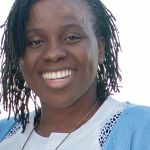 Rebecca Shasanmi-Ellis MPH, MS, RN, PhD candidate, Emory University, USA: From ‘Ain’t I a Woman’ to ‘Souls of Black Folks’: The need for Critical Humanism Perspectives that Challenge the White-normative lens and the move to posthumanism.
Rebecca Shasanmi-Ellis MPH, MS, RN, PhD candidate, Emory University, USA: From ‘Ain’t I a Woman’ to ‘Souls of Black Folks’: The need for Critical Humanism Perspectives that Challenge the White-normative lens and the move to posthumanism.
Defining what is human became a major function of humanistic thought and formation of the academia. However, sociological scholar WEB Dubois a contemporary of German humanists studied challenged that the white-normative definition of what is human did not include black folks. Another orator, a feminist and preacher of the late 1800s Sojourner Truth challenged that the humanity extended to men, even black men, and at that time advocated for by white women was not extended to black woman in the same white-normative hierarchical systems. Considerations of how intersectionality, material, and immaterial help us to sharper our foci on a critical humanism assessment and interrogations of the move to posthumanism without erasure of the historical and structural wrongs in concept formation.
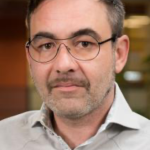 Pawel Krol PhD RN, associate professor, Université Laval, Québec, Canada : Nietzsche’s influence on post and trans humanism.
Pawel Krol PhD RN, associate professor, Université Laval, Québec, Canada : Nietzsche’s influence on post and trans humanism.
Nietzsche’s work is at the source of various humanist critiques, both among materialist feminist and radical transhumanists. In this paper, I present and criticize the interpretations those ideologies made of the two of Nietzsche’s anti-humanist arguments, namely the criticism of Enlightenment and the abuse of Nature.
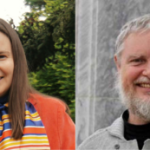 Olga Petrovskaya PhD RN, associate professor, University of Victoria, Canada & Mark Risjord, PhD, professor, Emory University, USA: Qualitative research without subjectivity: Methodological consequences of posthumanism.
Olga Petrovskaya PhD RN, associate professor, University of Victoria, Canada & Mark Risjord, PhD, professor, Emory University, USA: Qualitative research without subjectivity: Methodological consequences of posthumanism.
Key aspirations of critical posthumanism include interrogations of anthropocentrism. Thus, some posthumanist theoretical perspectives decenter human subjectivity. Since qualitative research methodologies are typically predicated on subjectivity, the postumanist turn is in tension with qualitative research. Drs. Olga Petrovskaya and Mark Risjord will explore what qualitative research might look like in a posthumanist perspective.
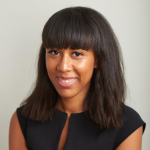 Ismália De Sousa RN, MSc, PhD candidate, University of British Columbia, Canada: Posthumanism(s) in nursing – for whom, with whom, by whom?
Ismália De Sousa RN, MSc, PhD candidate, University of British Columbia, Canada: Posthumanism(s) in nursing – for whom, with whom, by whom?
Critical vigilance about positionalities and existing hegemonies of knowledge remain central in contesting ongoing coloniality. Thus, departing from existing and ever-increasing scholarship in posthumanism within nursing, I will reflect on my perilous journey that began questioning not only what posthumanism(s) might be or what it is not, but also for whom, with whom and by whom these ways of thinking are being constructed in our discipline.
RSVP/registration is required. For more information, please contact Miriam Bender or Olga Petrovskaya

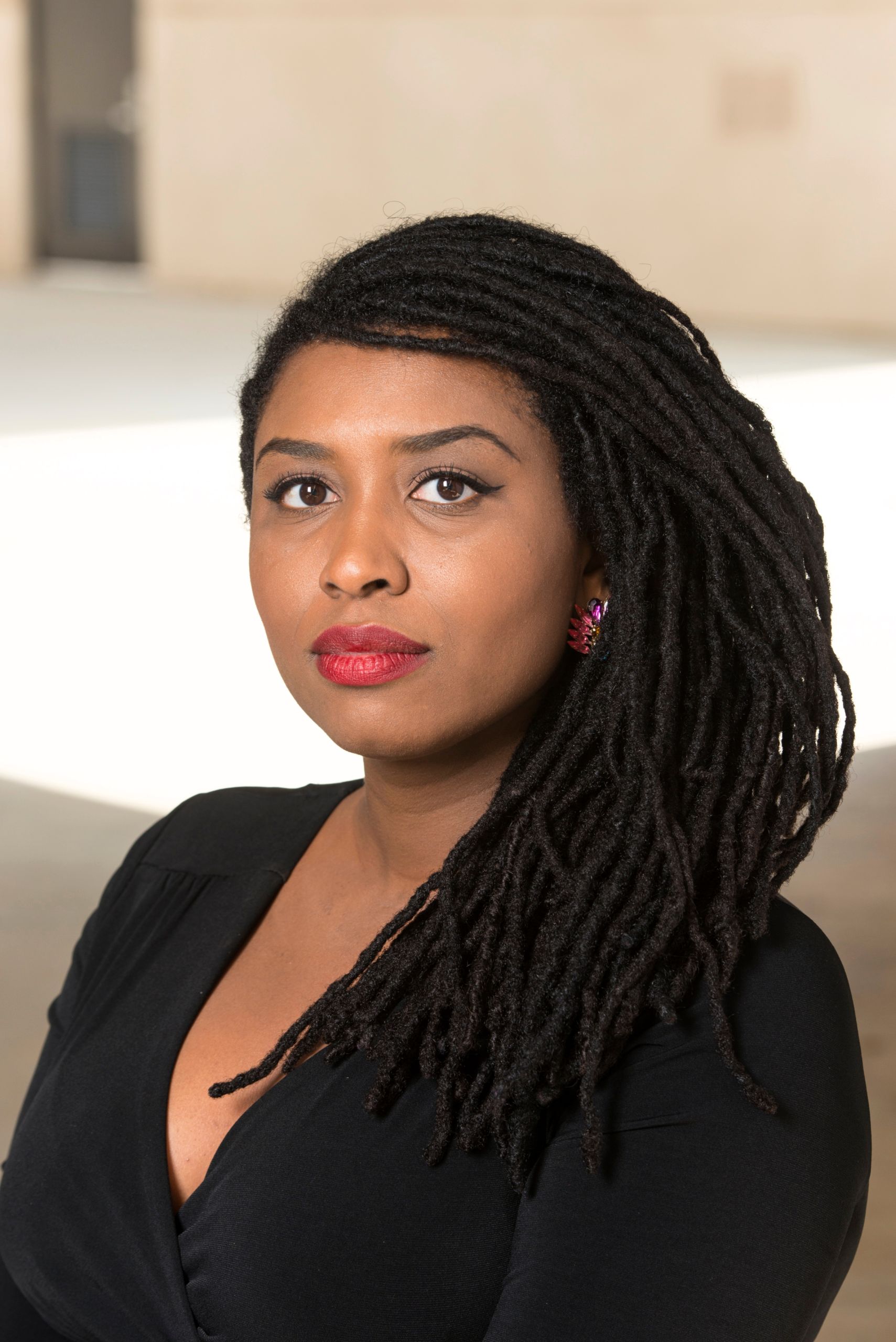
Thank you for hosting this event! I hope to watch the zoom recording as it becomes available soon.